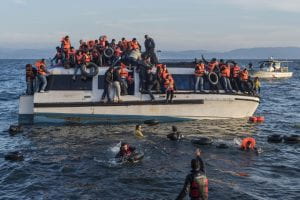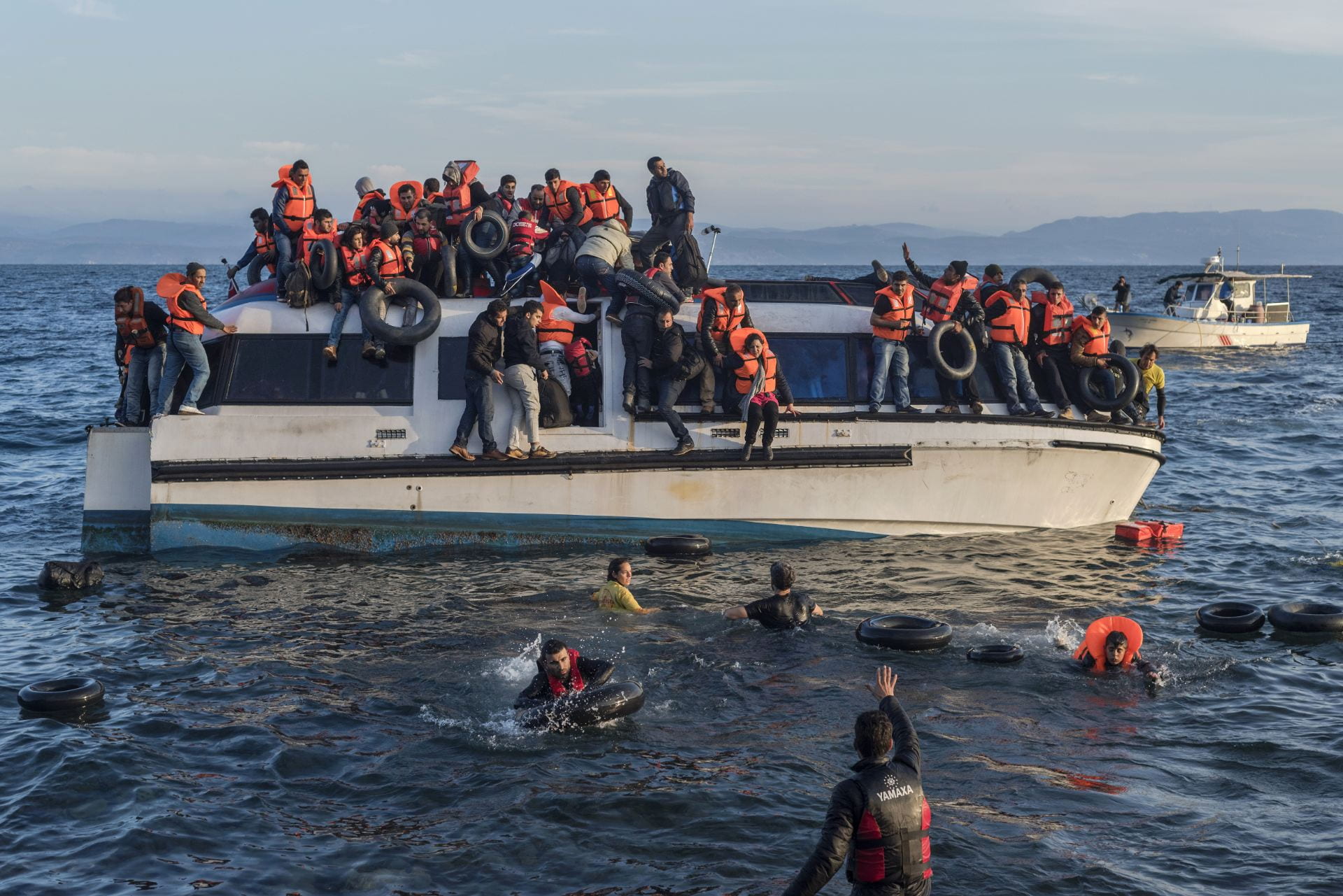The country of Mozambique, a nation of 29.5 million in sub-Saharan Africa, is currently facing increasingly alarming violence at the hands of Islamist extremists. The violence has affected countless lives and is coming to the attention of international peace-keeping bodies, with the Human Rights Chief declaring a “desperate” situation in Mozambique as calls for intervention by Mozambique’s government grow by the day.

Background
Beginning in 2017, Islamic groups intent on establishing an Islamic State in Southern Africa have terrorized the Cabo Delgado region of Mozambique. The population of Mozambique is extremely young, with about 45% of citizens being under fifteen years of age, and a median age of just seventeen. As Islamic groups began to move into the region, many exploited the high rate of poverty to recruit young people to their cause. These militant groups have brought destruction to Mozambique, killing an estimated 2,000 people in three short years and causing a refugee crisis as over 430,000 have been forced to flee their homes and begin their life again, only adding to massive rates of poverty present in the region currently.
Increasing Horror
The violence of the current insurgency in Cabo Delgado has reached new heights of horror in 2020. In April, it was reported that over 50 young people were murdered by insurgent groups for refusing to join their cause. Beginning on October 31, insurgents beheaded dozens in a series of attacks on the Muidumbe District. Survivors who returned reported dead bodies and buildings that burned for several days, completely uprooting the lives of many who called the Muidumbe District home. While the increasingly more violent attacks have drawn attention from international bodies, including the president of Zimbabwe, the situation continues unfold as more lives are stolen.
The violence even has grown to the neighboring country of Tanzania, where 175 houses were burned down in an attack on the border village of Ktaya. The violence in Tanzania can be traced back to earlier in October, when more than 20 were beheaded in another attack on Ktaya. The expansion of attacks into Tanzania led to a more coordinated effort by Tanzania to become involved in containing the insurgency.
Despite mobilization efforts by Mozambique’s government, backed by a coalition consisting of South Africa, Tanzania, Uganda, and Russia, the ISIS-backed insurgency groups continue to lay siege to Cabo Delgado, with many fearing an all-out civil war breaking out in the region.

Potential Motives
While the insurgents in Mozambique claim their ultimate goal is establishing an Islamic State in Southern Africa, it should be noted that region is also home to $60 billion in natural gas developments. Many of the recruits of these terrorist groups are also promised a better life, a message that preys on the impoverished youth of the nation and the region.
Theocratic states are also inherently incompatible with the promises of the modern human rights movement. Article 18 of the United Nations’ Universal Declaration of Human Rights is clear in its promise of freedom of religion:
“Everyone has the right to freedom of thought, conscience and religion; this right includes freedom to change his religion or belief, and freedom, either alone or in community with others and in public or private, to manifest his religion or belief in teaching, practice, worship and observance.”
The methods of these insurgent groups use to establish power are also extremely problematic, leading directly to loss of life, destruction of property, loss of cultural identity, and violent intimidation that denies the people of Cabo Delgado their basic human rights on a daily basis.
The attacks have also led to the abandonment of many promising economic opportunities that Mozambique’s central government hoped would lead to poverty reduction in Cabo Delgado, which has lagged behind the rest of Mozambique in terms of economic development and poverty reduction. Norwegian fertilizer company Yara pulled out of a contract with the Mozambiquan government to make fertilizer from Cabo Delgado natural gas, mainly out of fear that the insurgency would lead to an inability for Mozambique to provide the gas at a stable cost. The region’s poverty rate has not been improved by the insurgent groups despite their promise to thousands of youths who joined a cause for increased economic mobility. Instead, the insurgency in Cabo Delgado has only led to senseless violence, destruction, and worsened Mozambique’s position to grow into a healthy economy in the 21st century.
A Promising Future?
The calls for international intervention in Mozambique have begun to grow as the violence increases daily. As well as the President of Zimbabwe and the United Nations Human Rights Chief, both the British Foreign Secretary and French President Emmanuel Macron expressed a heightened level of concern for the situation after news of the October 31 beheadings began to spread worldwide.
During an October visit to Cabo Delgado by Filipe Nyusi, current president of Mozambique, a man in the audience put in quite plainly in his urge to the president, saying “We want the war to stop.”
There have been signs that perhaps the insurgent groups are beginning to lose the war of attrition occurring in Cabo Delgado. On November 19, The Muidumbe District, which had been occupied by the insurgent groups, was retaken by over 1,000 Mozambiquan troops, killing 16 militants in the process.
Positive developments in Cabo Delgado can continue to occur if Mozambique’s central government is provided the adequate support and resources from international peacekeeping organizations like the United Nations. A statement by the Organization for World Peace critiqued the practice of simply condemning violence and called for more direct international support, saying:
“Though the UN’s condemnations of violence and appeals for humanitarian and investigative action are significant, the organization must carry out this action itself while motivating states and international courts to follow suit. The UN must also provide necessary assistance to Mozambican security forces while ensuring that this assistance is not abused to propagate more violence. This collective action will harness all the investigative legitimacy and humanitarian resources of the international community to uproot the militants and secure long-lasting peace.”
The citizens of Cabo Delgado deserve peace after years of violence. The region has enormous untapped potential for economic and cultural growth that has been stifled by the ongoing insurgency. No human being should have their life or home stolen by violence.

